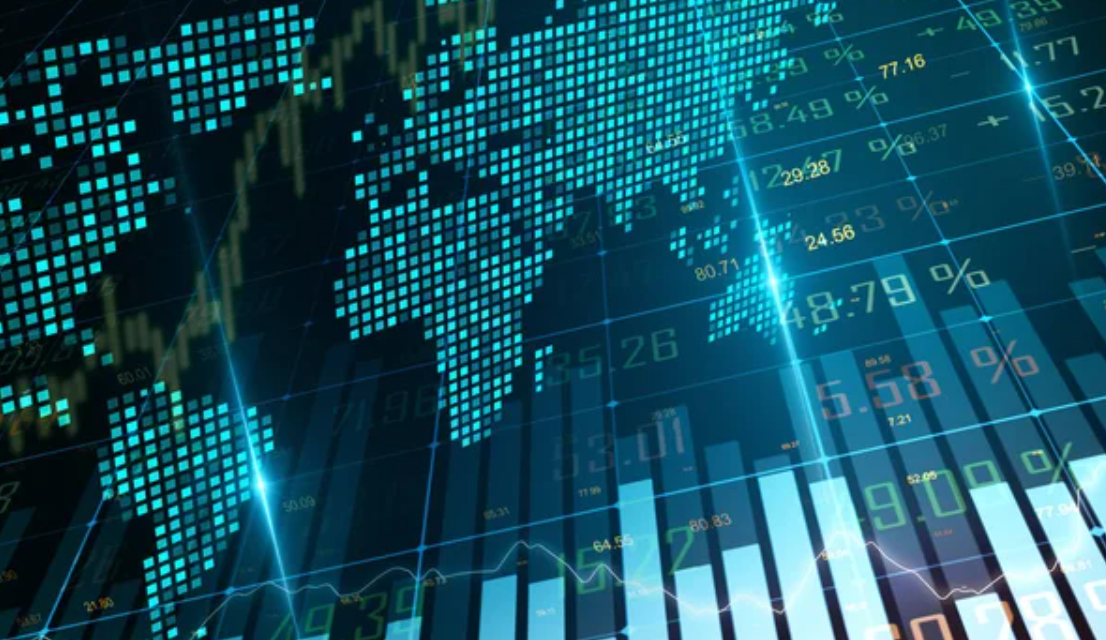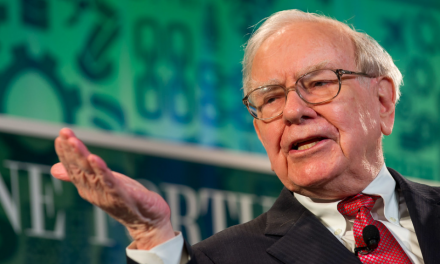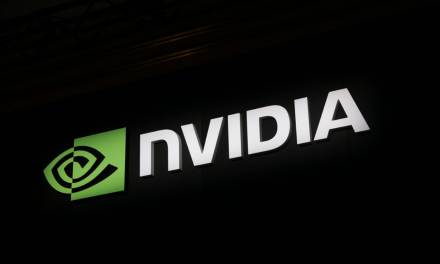The Role of Artificial Intelligence in Modern Finance
In recent years, the ripple effects of artificial intelligence (AI) have been felt across sectors and industries, profoundly altering our daily lives, workplace dynamics, and recreational activities. Perhaps no sector underscores AI’s transformative potential more than finance, where it’s revolutionizing everything from customer interactions to predictive analytics.
AI: The New Financial Dynamo
With advancements in predictive algorithms and voice recognition, AI’s integration into the finance world is gaining momentum. Imagine algorithms facilitating instant stock market analyses or streamlining processes for investors. But AI’s reach extends beyond the stock market—it’s rapidly engulfing the broader financial services spectrum.
Emphasizing AI’s sweeping impact, Business Insider projects that AI could save financial entities an impressive $447 billion by 2023. Concurrently, as per Forbes, a whopping 70% of financial institutions harness machine learning to refine credit scores, elevate fraud detection, and forecast cash flows.
The vast financial operational sphere, ranging from basic data compilation to intricate decision-making, provides a goldmine of opportunities for AI-induced automation.
AI’s Pioneering Role in Financial Data Interpretation
AI’s ability to process vast amounts of financial data swiftly is revolutionary. Platforms like TrendSpider, harnessing machine learning, are altering the landscape of technical stock analysis, bridging the gap between seasoned traders and newbies, allowing for more informed market navigation.
Algorithmic Trading’s AI-Driven Metamorphosis
Algorithmic trading, powered by AI, is becoming the mainstay in modern-day financial transactions. This method, rooted in historical data and meticulously curated rules, now encompasses over 70% of trading activities in the US stock market. Projections from Forbes hint at a 10.3% growth in the global algorithmic trading market by 2020.
The Rise of AI-Piloted ETFs
The advent of AI-embedded ETFs has catapulted portfolio investment into a new age. Illustrating this trend, AI Powered Equity (AIEQ) offers a glimpse into the future of ETFs, while giants like BlackRock transition from human stock pickers to AI-centric investing methodologies.
AI: The Financial Watchdog
AI’s prowess is especially noteworthy in risk management and fraud detection. As highlighted by Forbes, AI mechanisms excel in pinpointing trading anomalies and potential market manipulations, safeguarding financial market integrity.
AI and Human Brokers: A Synergistic Relationship
The rapid pace of financial markets often overwhelms human brokers, but AI is not a panacea. Its reliance on historical data sometimes falls short in predicting the erratic nature of human behavior. It’s here that human intuition plays a pivotal role.
While AI’s analytical capacity is unmatched, discerning intricate market subtleties remains a domain where human expertise excels. Rather than dethroning human brokers, AI complements their analytical prowess, enriching consumer processes.
Treading Carefully: The AI Challenge
AI’s transformative potential in finance is palpable. However, challenges remain. Over-relying on AI might risk omitting critical market nuances. There are also concerns about AI’s potential biases, underscoring the need for a harmonious blend of human judgment and AI.
In summary, AI is ushering in a new era in finance. While it promises unrivaled efficiency, the relationship between AI and humans remains collaborative, ensuring optimal financial outcomes.





